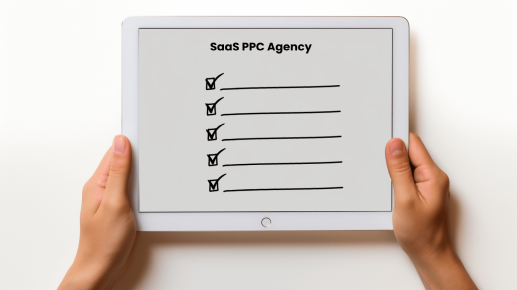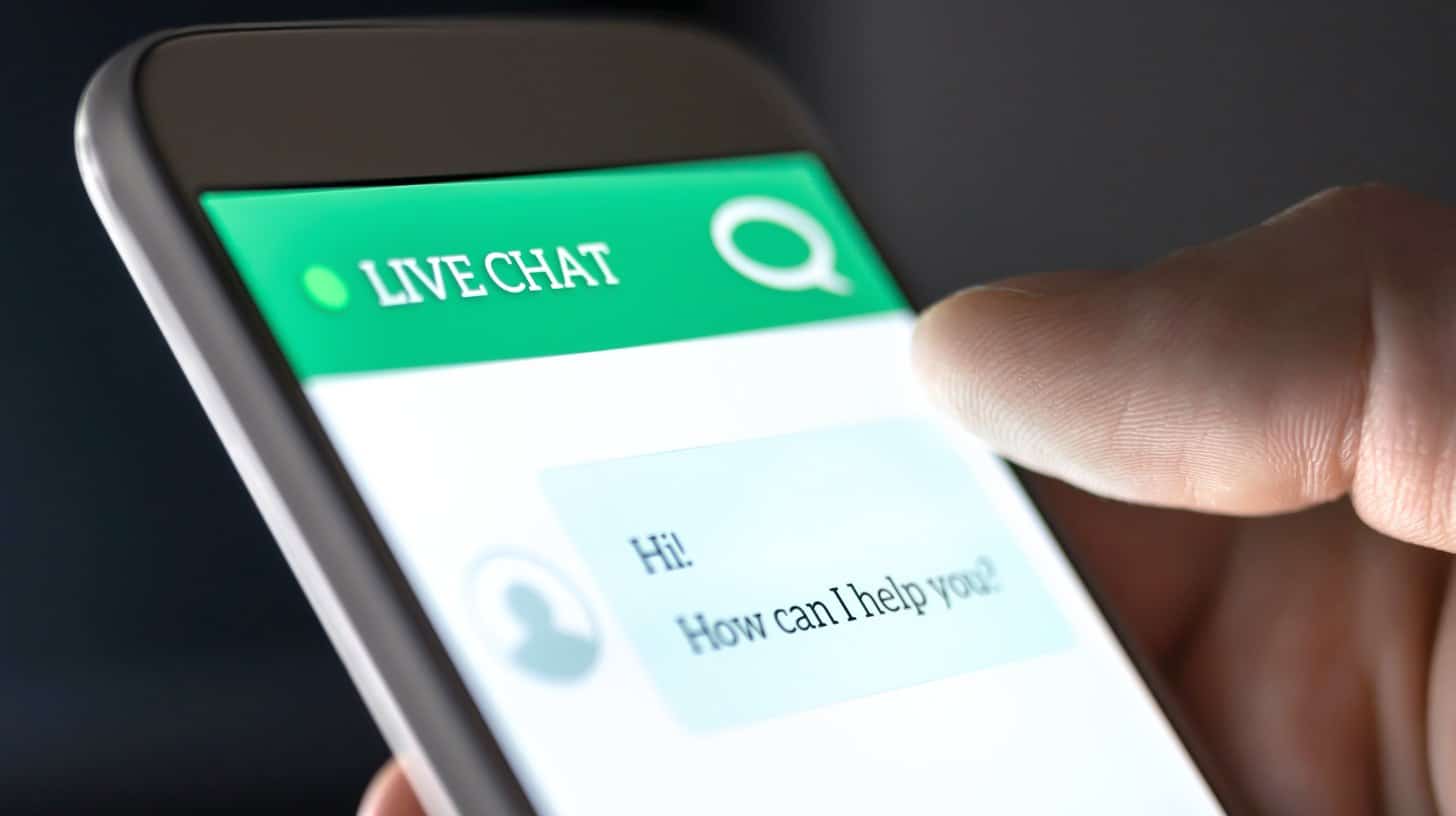The Ultimate SaaS Marketing Blog: Expert Tips & Strategies

Choose a Great SaaS Marketing Agency in Europe
As B2B SaaS companies seek to expand their market presence and refine their marketing strategies, many managers find themselves considering partnership with a SaaS marketing

Boost Conversion Rates with Great B2B SaaS Landing Pages
Landing pages are a critical tool for any B2B SaaS marketer seeking to turn online visitors into potential customers. By focusing on delivering concise, relevant

Overcome Objections with B2B Marketing for Technology Companies
The B2B technology sector continues to expand, and growth opportunities for software providers are on the rise. One recent McKinsey survey concluded that 53-69% of

6 Things to Look for in a B2B Technology Marketing Agency
“A dream without a plan is just a wish.” – Katherine Paterson The global Software as a Service (SaaS) market reached $197B in 2023 and

How to Get Clients in the Logistics Business: 7 Strategies
The Council of Supply Chain Management’s 2023 State of Logistics reports logistics accounts for 9.1% of the nation’s GDP. Logistics is a huge industry with

6 Ways a Cybersecurity Marketing Agency Scales Your Company
McKinsey & Company reports that, “damage from cyberattacks will amount to about $10.5 trillion annually by 2025.” The market for products that mitigate risk is

3 Powerful Table-Stakes Tactics When Marketing for Technology Companies
Every year, the tech industry grows increasingly competitive. It’s harder than ever for tech marketers to turn their effective strategies and creative campaigns into customers.

Top B2B SaaS Marketing Benchmarks for your PPC Campaigns
Pay-Per-Click (PPC) is a digital advertising model where advertisers pay a fee each time one of their ads is clicked. It’s a way of buying

5 Effective Cybersecurity Marketing Tactics You Should Try
When you know that the FBI received 800,944 complaints of cybercrime in 2022, it comes as no surprise that cybersecurity is a booming market. The

Shine in Crowded Markets with Strategic Cybersecurity Content Marketing
Even as the digital revolution has completely transformed the way we live and work, it’s also given rise to new kinds of risk. Companies have

Top 10 SaaS Trends for 2024: What to Look For
As we enter the new year, the SaaS industry continues to evolve at an unprecedented pace. With a market size projected to exceed $200 billion

B2B PPC Strategy: 2024 Tips for Digital Marketers
All too often in B2B digital marketing, people overlook the value of PPC. That’s because, for some reason, many marketers see PPC as something that’s

Lead Generation for Logistics Companies to Attract Customers
The logistics industry is among the world’s most profitable. According to the 2023 State of Logistics report published by logisticsmgmt.com, “U.S. business logistics costs soared

5 Ways a Logistics Marketing Agency Will Scale Your SaaS
Software as a Service (SaaS) is revolutionizing the logistics industry in recent years, becoming must-have technology for any company operating across the supply chain. The

Improve Logistics with SaaS Warehouse Management Software
Warehouse management is a complex system that controls the flow and storage of goods within the warehouse. There’s a lot at stake in the global warehouse

10 Things to Look for in a SaaS PPC Agency
Targeted and well-executed Pay-Per-Click (PPC) campaigns are a pivotal component in the marketing plan of any SaaS company aiming to spread its message and attract

Hyper Scaling 2024: 12 Marketing SaaS Tools for B2B
Updated for 2024 As a B2B SaaS marketer, do you also dislike the word hacker? Do you also believe that growth is not something that

Boost ROI By Improving Social Media For SaaS In 2024
B2B SaaS social media for SaaS has evolved from sharing links to blog posts and webinars to interacting and closing deals with buyers. In 2023,

Content Marketing Trends 2024: Getting Ready for the New Year
2023 was a monumental year for SaaS marketers. ChatGPT made an unprecedented splash. Its ripples were felt in every direction, but perhaps nowhere more than

Unlock SaaS Success With Powerful Outbound Lead Generation Strategies
Year by year, the SaaS industry is becoming more competitive. It’s a call to explore the untapped potential of different lead generation approaches. Currently, outbound

Top B2B SaaS Marketing Agencies for 2024
Do you already know what you need to look for in a SaaS marketing agency? Then: Jump straight to our list of top B2B SaaS

Master LinkedIn Sales Navigator for Marketing Saas Success
When it comes to B2B SaaS marketing success, having the right tools at your disposal makes all the difference. LinkedIn Sales Navigator for marketing is

Use B2B Testimonial Videos to Increase Your SaaS Success
Customer testimonials are a powerful way to differentiate your B2B SaaS brand and drive growth. Written customer testimonials are great, but video brings an entirely

Revolutionize B2B SaaS Content: Midjourney for Marketing
The savvy pros at Bay Leaf Digital don’t just help companies market new technologies; we embrace them. We constantly seek out and apply innovative tools

Leverage a Chatbot for SaaS to Boost Your Conversion Rate
For SaaS businesses, the window of opportunity is slim to convert a visitor to a lead. On average, the sales cycle for SaaS companies

Crafting a Vertical Marketing Plan for SaaS Success
For Software-as-a-Service (SaaS) companies, the quest to stand out and succeed has never been more challenging. Developing an effective vertical marketing plan for SaaS company

Drive Success: SaaS Pricing Best Practices for Your Model
SaaS pricing best practices are what turn software-as-a-service (SaaS) startups into a profitable business. However, the complex web of incentives for customers and businesses-across various


